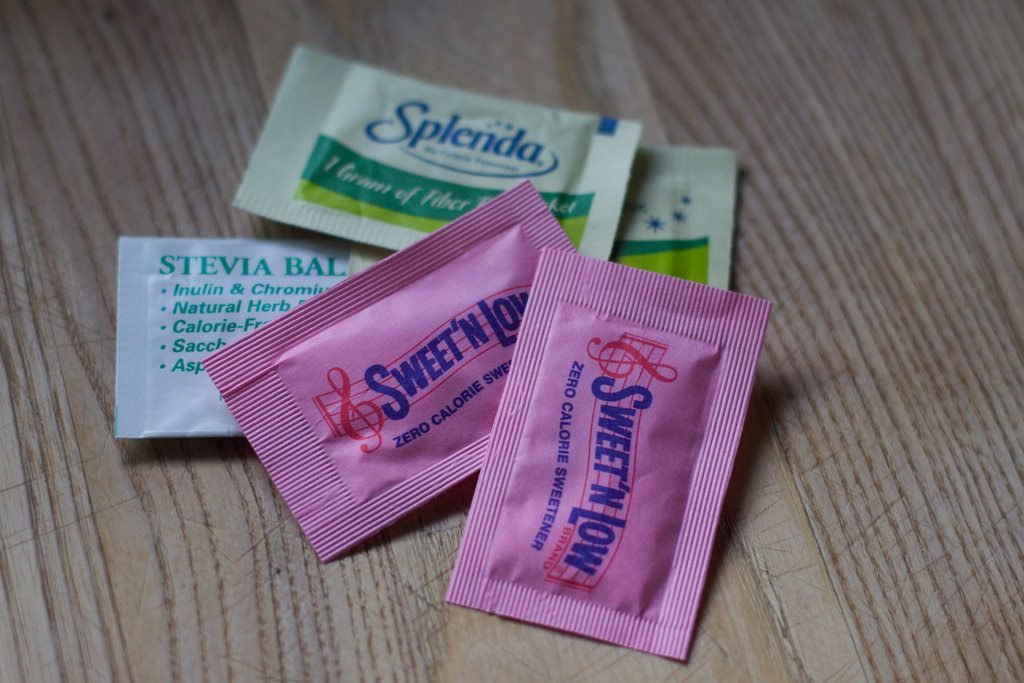As many people become more conscious about their health, there has been a rise in the use of artificial sweeteners. A study recently presented at the US Endocrine Society’s annual meeting has suggested that the sweeteners may not be the healthier option, as previously thought. Regular use has been found to encourage the body to store fat, especially in individuals that are already overweight.
How are Artificial Sweeteners Used?
Sucralose, and aspartame, are two of the most widely used artificial sweeteners. They are low-calorie products, more than 650 times sweeter than sugar, that are used as its substitute in many store-bought items. This includes; sugar alternatives such as Splenda, diet sodas and salad dressings.
Lower Metabolism – Higher Fat Content
Dr. Sabyasachi Sen, of George Washington University, recently led an experiment to determine the effect that artificial sweeteners have on the body. His team used stem cells taken from human fat tissue, and exposed them to a 0.2 millimolar dose of sucralose (the same amount consumed in four cans of diet soda daily) for 12 days. After this period, the cells showed an increase in the genes responsible for fat production and inflammation, as well as a greater accumulation of fat droplets.
To extend the study, researchers then took abdominal fat from eight individuals that were using artificial sweeteners regularly. Four of these had a healthy weight, and the other four were obese. Their fat samples were compared with some taken from persons that did not use the artificial sweeteners. The first set showed an increase in the transportation of glucose into cells, as well as an overexpression of those genes that are responsible for fat production.
The results also showed that there was an overexpression of sweet taste receptors in those who used low calorie sweeteners. These were up to 2.5 times higher, and altered the way in which their body responded to the sweetness. This could play a major part in the transportation of glucose to cells, which is then absorbed into the bloodstream.
The overall effects were the strongest among those participants that were obese, and the information presented demonstrated that the low-calorie sweeteners dysregulate the metabolism. This in turn causes a boost in the formation of fat. There still needs to be more studies conducted into the effects of artificial sweeteners, before scientists can confirm that this is the body’s normal reaction to them. They are, however, cautioning that they should be used in moderation.
Many people with diabetes opt for these low-calorie sweeteners to control their blood sugar levels. This may be of concern as the boost in fat formation transports more glucose to the blood stream. Previous studies have also indicted that artificial sweeteners can leave you feeling hungrier, because of the effect they have on the body’s sweet taste receptors and the bacteria that live in our gut. This can lead to weight gain, which defeats the purpose of using low-calorie sweeteners in the first place.
Sources:
http://coach.nine.com.au/2017/04/04/11/51/artificial-sweetener-metabolism-fat-cells






